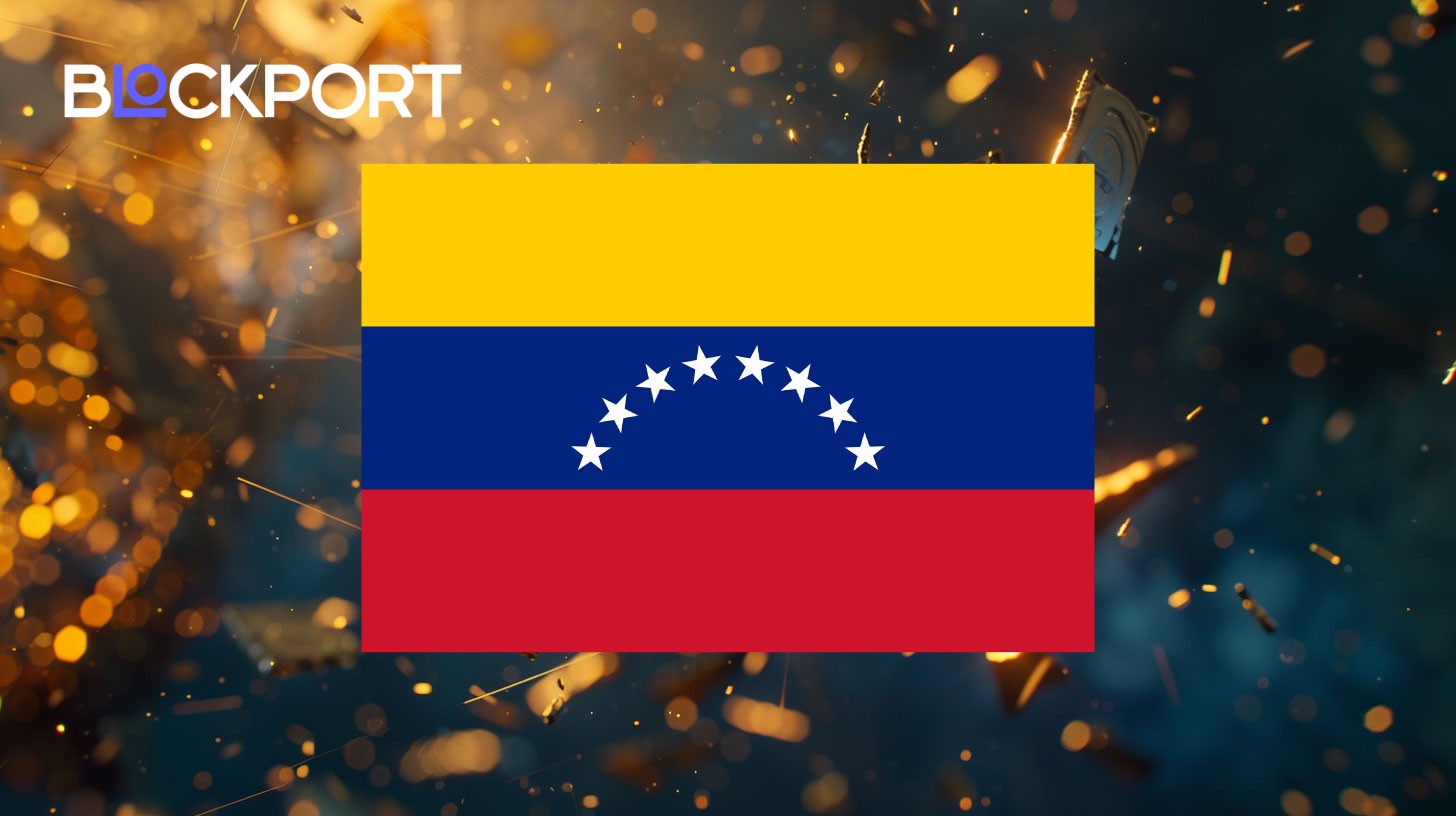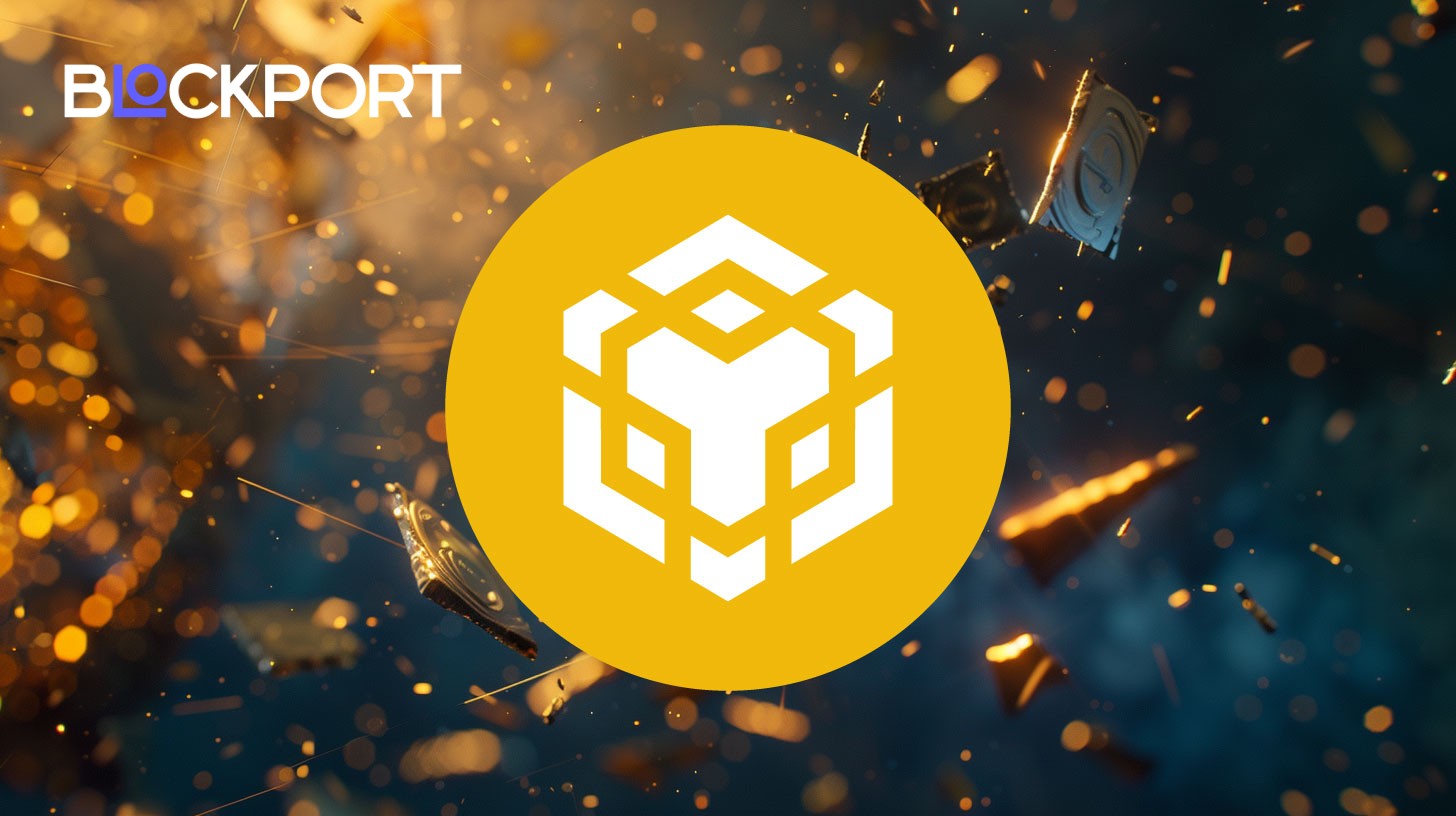Non-Custodial Crypto Wallets Won’t Face Google Play Store Restrictions

Google addresses developer concerns, stating non-custodial crypto wallets are out of scope of the new Play Store requirements.
Google confirmed that non-custodial crypto wallets will not face restrictions under its updated Google Play Store policies, addressing developer concerns that emerged after earlier confusing documentation.
The company stated that “non-custodial wallets are out of scope” of its Cryptocurrency Exchanges and Software Wallets Policy. The clarification came after community pushback when earlier help center language suggested non-custodial wallets might be included in new licensing requirements.
Google’s policy update takes effect October 29, 2025, and targets custodial exchanges and wallet apps with jurisdiction-specific licensing requirements. The rules apply to markets including the United States and the European Union.
In the U.S., eligible apps must register with FinCEN as a money services business and hold a state money-transmitter license or operate as a bank. EU providers must get authorization as a MiCA crypto-asset service provider, with special arrangements for France and Germany during the transition period.
The confusion started when Google’s help documentation appeared to suggest that all crypto wallet apps would need to meet the new licensing standards. Developers and crypto companies raised concerns that non-custodial wallets, which don’t hold user funds, would be caught in requirements designed for custodial services.
Custodial services manage user assets and private keys on behalf of users, while non-custodial wallets allow users to retain full control of their own funds and keys. This distinction is now reflected in Google’s public messaging and formalizes licensing expectations for custodial crypto services while explicitly exempting non-custodial wallets from compliance requirements.
The policy update represents Google’s latest adjustment to crypto app rules on its platform. In 2018, the company banned cryptocurrency mining apps from the Play Store. Google later allowed certain NFT game features but required proper disclosures.
Content on BlockPort is provided for informational purposes only and does not constitute financial guidance.
We strive to ensure the accuracy and relevance of the information we share, but we do not guarantee that all content is complete, error-free, or up to date. BlockPort disclaims any liability for losses, mistakes, or actions taken based on the material found on this site.
Always conduct your own research before making financial decisions and consider consulting with a licensed advisor.
For further details, please review our Terms of Use, Privacy Policy, and Disclaimer.




























